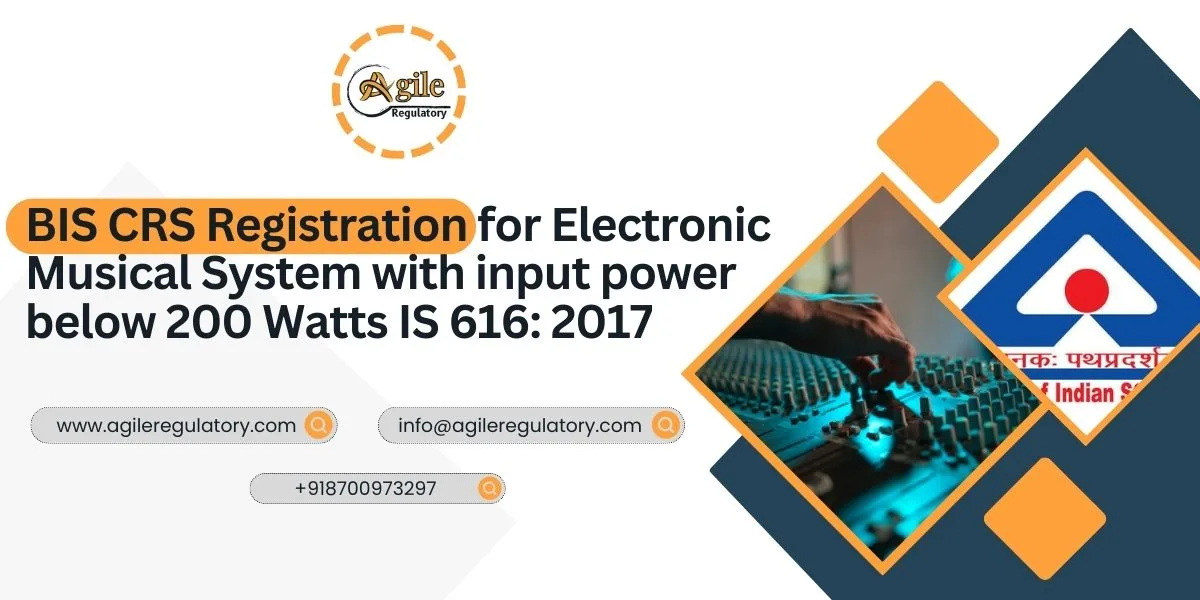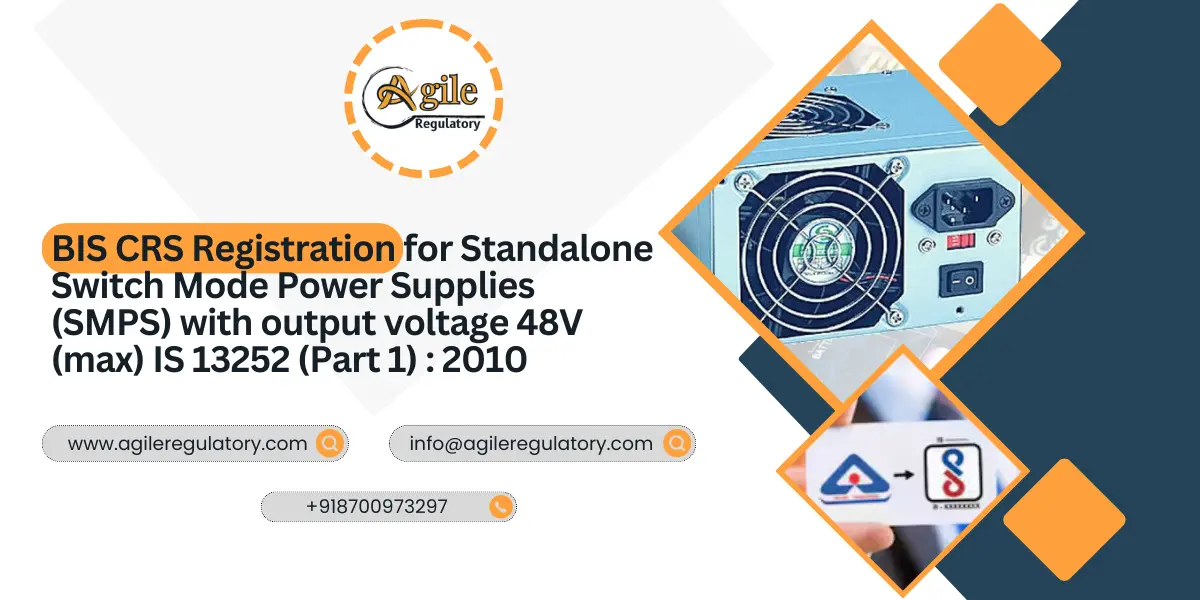
Get Instant Solution By an Expert Advisor
(4.8)


The Central Pollution Control Board (CPCB) is responsible for issuing EPR certificates. It operates under the Ministry of Environment, Forestry, and Climate Change, MoEF&CC. CPCB is the body that ensures compliance with EPR guidelines, particularly for managing e-waste, plastic waste, battery waste, etc. This certificate acknowledges that the company is adhering to a specific plan in which the waste generated from their products is collected, transported, sorted, recycled, and disposed of properly.
Filling of EPR annual return is mandatory for all EPR Certificate holder of E-Waste, Plastic, Battery waste and waste tyres. The main purpose of EPR Annual return filling is that how a company is handling their extended responsibilities. Annual return of EPR majorly includes following information:
An EPR target has been implemented by CPCB. It confirms that producers or importers must submit a report that tells them how much of the waste from their products they need to collect, recycle, or properly dispose of.
For example, if a company produces plastic packaging, CPCB gives target to them to recycle a certain percentage of that plastic every year. This rule has been implemented make sure that the companies must take responsibility their products even after they’ve been sold and used.
When you go above and beyond in recycling or properly disposing of your product waste, you earn EPR credits. Think of it as a reward for doing more than just the minimum required.
When you fill out your EPR Annual Return, you report how many credits you’ve earned. This tells the regulators that you’re not just meeting the basic waste management rules, but often doing more than expected.
If you’re short of meeting your waste targets for the year, you can use these credits to make up for the difference.
We help businesses understand the specific requirements of EPR authorization, which may vary based on the product and business activity.
Agile Regulatory assist in preparing all documents related to EPR. Our technical team used to fill the form accurately and submit to CPCB portal.
We also help to design and implement an awareness program to educate consumers about EPR and the company’s role in environmental responsibility.
We act as a liaison between the client and CPCB for handling all queries that are raised during the certification process.
Hiring Agile Regulatory as EPR consultant is a smart move. We help make a tricky process much easier by guiding you through the paperwork and ensuring you meet all the rules. With the support of more than 12 years experinced environemtal professionals, you will save time and avoid mistakes, which will let you focus on your business. In short, Agile Regulatory helps you get your EPR authorization done right and within time.

 Nishi Chawla
Nishi Chawla
09 Jan, 2026

.webp)

 Nishi Chawla
Nishi Chawla
08 Jan, 2026

 Nishi Chawla
Nishi Chawla
07 Jan, 2026

Get Instant Solution By an Expert Advisor
(4.8)
We simplify compliance through a proven 4-step process: Consultation, Documentation, Submission, and certification. From understanding requirements to getting final approvals, we deliver a smooth, timely, and fully compliant journey for your business.
What our customer says about us
Fantastic support from the team. Their expertise transformed our approach, driving remarkable outcomes. A must-have partner for businesses seeking effective consulting solutions. Highly recommended.

KTPL Instruments
Agile Regualtory delivers exceptional solutions. Their insightful guidance streamlined our processes and boosted profitability. Highly recommended for businesses seeking expert consulting services to thrive.

Justrack IOT
Impressed by Agile Regulatory's expertise. Their strategic insights and practical solutions have elevated our business operations. A reliable partner for effective consulting services. Highly recommended for growth-focused businesses.

Coaire Compressor
Extraordinary consulting services. Their insightful solutions and dedicated team reshaped our business, driving remarkable improvements. Highly recommend it for transformative results.

Easy Polymer
Incredible experience with Agile Regulatory. Their innovative strategies and expert advice revitalized our business model, resulting in impressive growth. Highly recommend their exceptional consulting services.

Tarus International
Top-tier consulting! offered strategic solutions that revolutionized our approach. Their deep expertise and personalized guidance made a significant impact on our success. Highly recommend their services.

Anchor Weighing
Agile Regulatory exceeded expectations! Their tailored solutions, expertise, and proactive approach led to remarkable results. Highly recommend for businesses seeking impactful and strategic guidance.

AM Capacitor
Outstanding service! delivered targeted solutions with professionalism and expertise. Their insights elevated our business strategies, resulting in noticeable growth. Highly recommended for exceptional consultation.

Imaxx Pro Aquistic
Leave a Reply
Your email address will not be published. Required fields are marked *